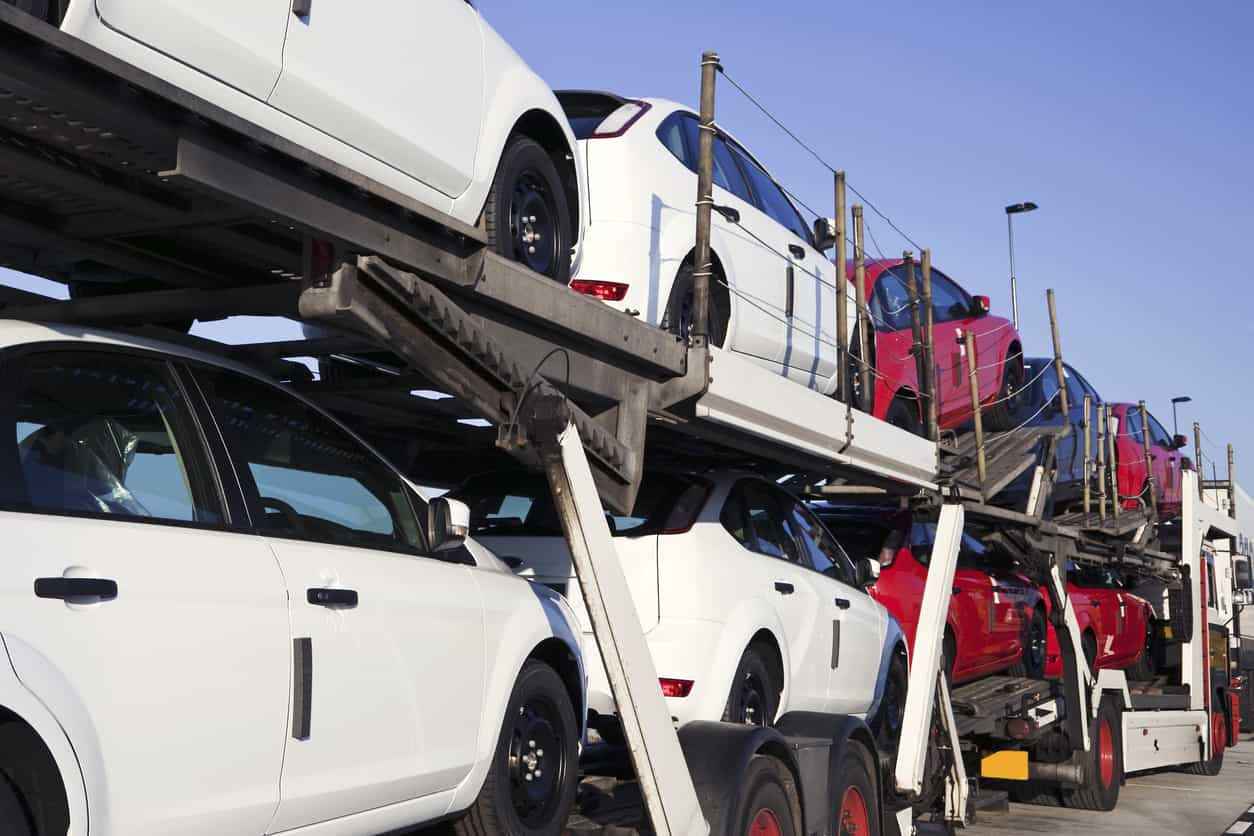Introduction: Understanding the Landscape
Car shipping insurance, a complex yet vital cog in the wheel of automotive transportation, is a nuanced subject that many find daunting. Nevertheless, the significance of this coverage extends beyond mere legal obligation. We delve deep into the intricacies of this vital aspect, exploring the breadth and depth of its relevance within the United States.
Decoding the Basics of Car Shipping Insurance
Car Shipping Insurance: A Quick Overview
To comprehend the full extent of car shipping insurance, we must first establish a foundation. Simply put, car shipping insurance provides protection against damage or loss to your vehicle while it’s in transit. Whether you’re moving across the state or transporting a newly-purchased vehicle, car shipping insurance ensures your peace of mind.
Why is it Important?
The essence of car shipping insurance lies in its protective capabilities. Transporting a vehicle presents certain risks—accidents, vandalism, theft, or environmental damage—insurance mitigates these potential financial burdens.
Navigating the Intricacies of Insurance Coverage
Components of Coverage
Coverage components form the heart of any insurance policy. Typical car shipping insurance extends to include damage caused by accidents during transit, theft, and some forms of environmental damage. However, personal belongings left inside the vehicle or damage resulting from pre-existing vehicle issues may not be covered.
Limits and Deductibles
Insurance policies often entail limits—the maximum amount the insurance company pays towards a claim—and deductibles—the amount you’re required to pay before your insurance kicks in. Navigating these parameters requires understanding your needs and financial capacity.
The State Factor: Varying Rules across the U.S.
The State Law Influence
State laws can significantly impact the nuances of car shipping insurance. States may require minimum levels of coverage, but these often don’t suffice for high-value vehicles. Thus, understanding state-specific regulations is key to acquiring suitable coverage.
Considerations for State-to-State Shipping
Shipping a vehicle from one state to another involves adhering to different regulations. Awareness of these variations empowers you to choose the optimal coverage that meets both legal obligations and personal requirements.
The How-Tos: Securing Your Car Shipping Insurance
Approaching Insurance Providers
Securing car shipping insurance begins with approaching insurance providers. Whether you choose a standalone policy or an add-on to your existing auto insurance, familiarize yourself with the specifics of each offer. Don’t hesitate to ask questions—clarity now prevents misunderstandings later.
Finalizing Your Coverage
As you finalize your coverage, consider the vehicle’s value, shipping distance, and state laws. Be clear about the claim process, and review the policy thoroughly before signing. Remember, insurance is about securing peace of mind, not just complying with legal necessities.
Understanding Your Rights and Responsibilities
Your Rights as a Policyholder
As a policyholder, you’re entitled to certain rights. These include receiving full information about your policy, prompt claim processing, and fair treatment by the insurance company. Stay vigilant and assert your rights if you encounter any discrepancy.
Your Responsibilities in the Insurance Process
Alongside rights come responsibilities. These involve honest disclosure of information, timely premium payments, and immediate reporting of any damage. Diligent fulfillment of these duties ensures a smooth claim process when needed.
Conclusion
Car shipping insurance, with its layered structure and state-specific nuances, is undoubtedly complex. However, equipped with the right knowledge, you can navigate this labyrinth effectively, securing coverage that offers robust protection for your vehicle.
FAQs
1. Does standard auto insurance cover car shipping?
Standard auto insurance typically doesn’t cover car shipping. However, some insurance providers offer it as an add-on. It’s advisable to discuss this with your insurance agent.
2. What happens if my vehicle gets damaged during transit?
If your vehicle gets damaged during transit, report it immediately to the shipping company and your insurance provider. They’ll guide you through the claim process.




